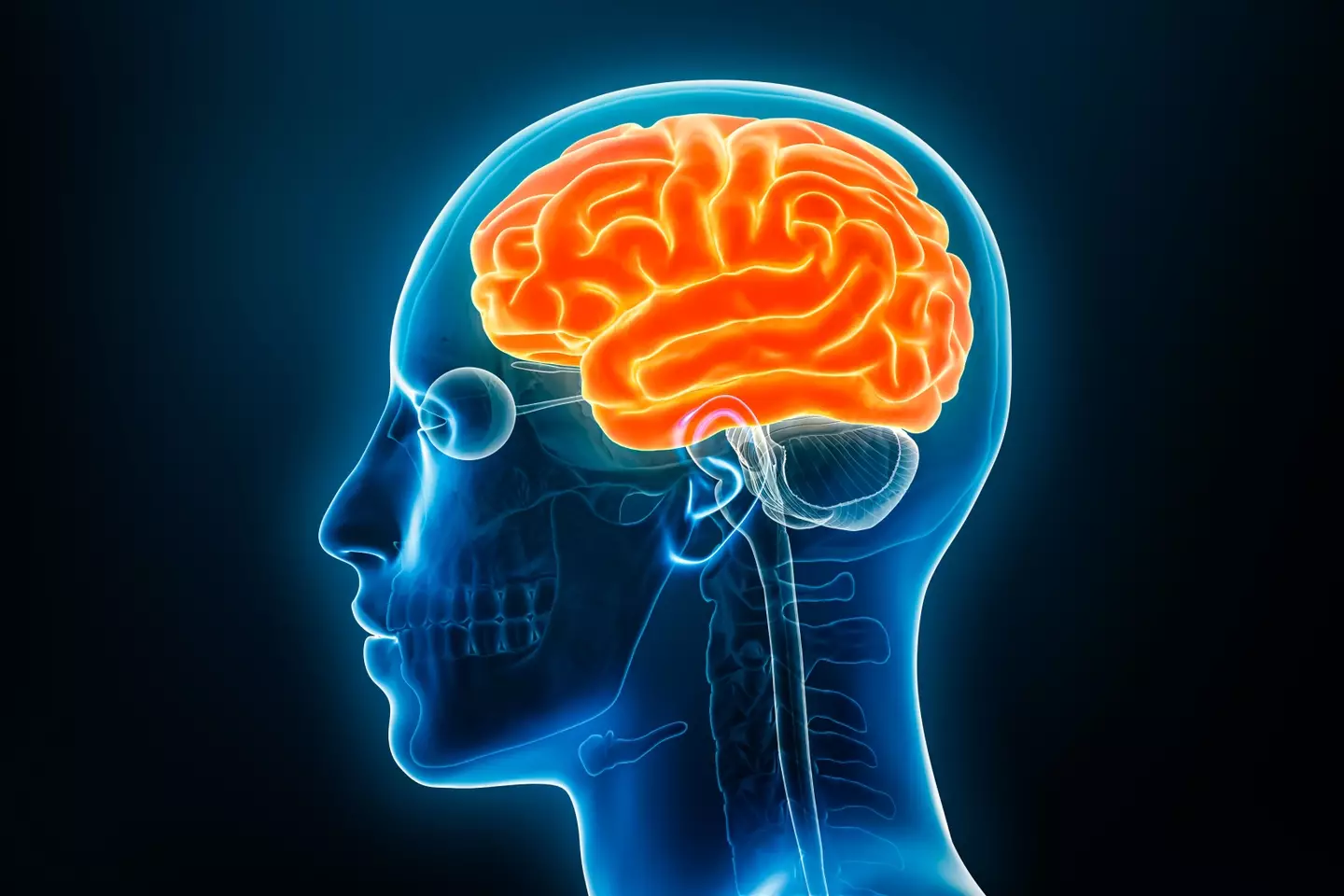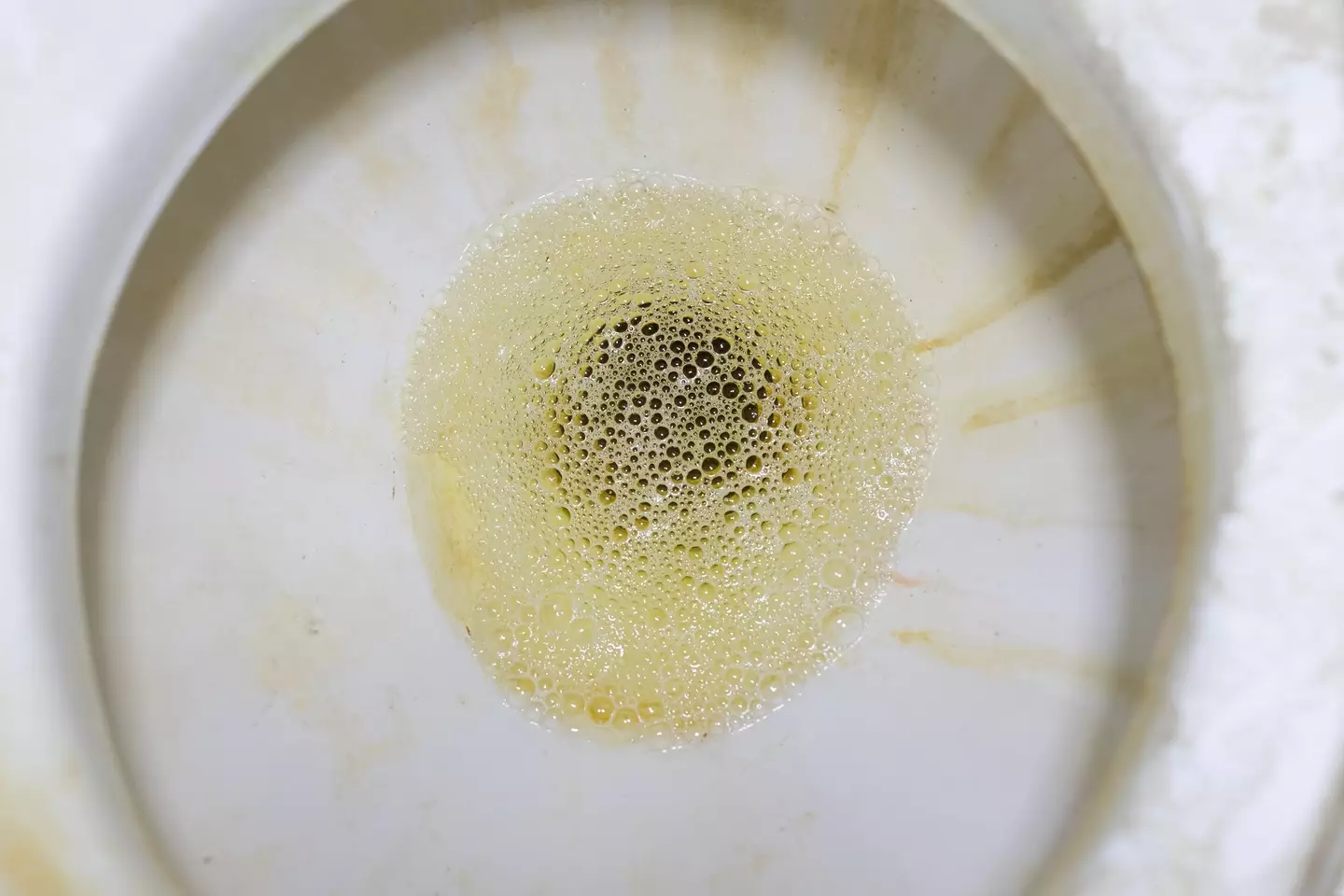
Researchers have issued an urgent warning over a red flag sign in your wee which could indicate a higher risk of dementia.
Dementia, which currently affects an estimated 982,000 people in the UK alone as per the Alzheimer's Society, is a syndrome associated with an ongoing decline of brain functioning. There are many different causes of dementia, and many different types.
People often get confused about the difference between Alzheimer's disease and dementia, with the former being a type of dementia.
The NHS lists several symptoms associated with dementia, which include problems with memory loss, thinking speed, mental sharpness and quickness, language, such as using words incorrectly, or trouble speaking, understanding, judgement and mood.
Advert
And, while many of us tend to associate dementia symptoms with cognitive impairment, given that it's a neurodegenerative disease affecting the brain, researchers have increasingly shown that diseases in other parts of the body, such as the kidneys, can also affect the brain and become a risk factor for dementia.

What did the researchers find?
Experts at the Karolinska Institutet in Sweden have found that having high levels of the protein albumin in your urine could mean you have a 25 per cent higher risk of dementia later on in life.
The presence of the protein, which is also known as albuminuria, in your wee is a result of damaged kidneys that 'leak' albumin through their filters.
While the National Kidney Foundation states that not everyone with the protein in their wee will get symptoms, it can make it foamy and make you need to go to the loo more often than usual.
Hong Xu, assistant professor at the Department of Neurobiology, Care Sciences and Society at Karolinska Institutet, explained: "The kidneys and the brain may seem like very different organs, but they share an important characteristic: both depend on a delicate network of small blood vessels.
"When the blood vessels in the kidneys are damaged, the same process often occurs in the brain."
The study in question, which has been published in the Journal of Internal Medicine, discovered that the link between albuminuria and dementia was strongest for vascular dementia, the second most common form of dementia after Alzheimer's disease, which is often caused by stroke, high blood pressure or diabetes.
The link was also strong for mixed dementia, which combines characteristics of both vascular dementia and Alzheimer’s disease.

How did researchers make their conclusions?
Well, the study tracked 130,000 adults aged 65 and older in Stockholm who were dementia-free at the start of the experiment.
Over the following four years, 7% of participants later developed dementia.
After adjusting for kidney function and other health factors, the researchers found that those with moderate levels of the protein albumin in their urine (30–299 mg/g) faced a 25% higher risk of developing dementia.
Additionally, those with high levels of albumin (over 300 mg/g) had a 37% higher risk compared to those with normal levels (up to 30 mg/g).

The science-y bit
In short, the findings suggest that increased albumin levels in urine may signal kidney damage and also serve as an early warning sign for dementia risk.
While albumin - which is normally found in the blood - helps the body build muscle, repair tissue, and fight infection, it can 'leak' through your kidneys if they are damaged by something like kidney disease and into your urine.
Possible symptoms of this include foamy urine, frequent urination, swelling in the feet, ankles, abdomen, or face, and puffy eyes, though, as we say, albuminuria often has no obvious symptoms.
The most reliable way to detect it is through a urine test, making regular health checkups essential, particularly for people at higher risk due to conditions like diabetes, high blood pressure, or kidney disease.
The Karolinska Institutet researchers also noted parallels between kidney damage and brain damage.
The blood-brain barrier, which protects the brain by blocking harmful substances in the blood, functions similarly to the kidney’s filtration system.
And, when it becomes damaged, toxins and inflammatory molecules can seep into the brain, leading to vascular damage, inflammation, and the buildup of harmful proteins associated with dementia.
Professor Xu emphasised the importance of routine albuminuria screening as part of early dementia risk assessment, especially for patients with cardiovascular issues or kidney disease.
"Early detection of albuminuria could potentially delay or even prevent the onset of dementia," he said.
You can find out more about dementia on the official NHS website here.
Topics: Life, Health, Mental Health, NHS, Explained, Science